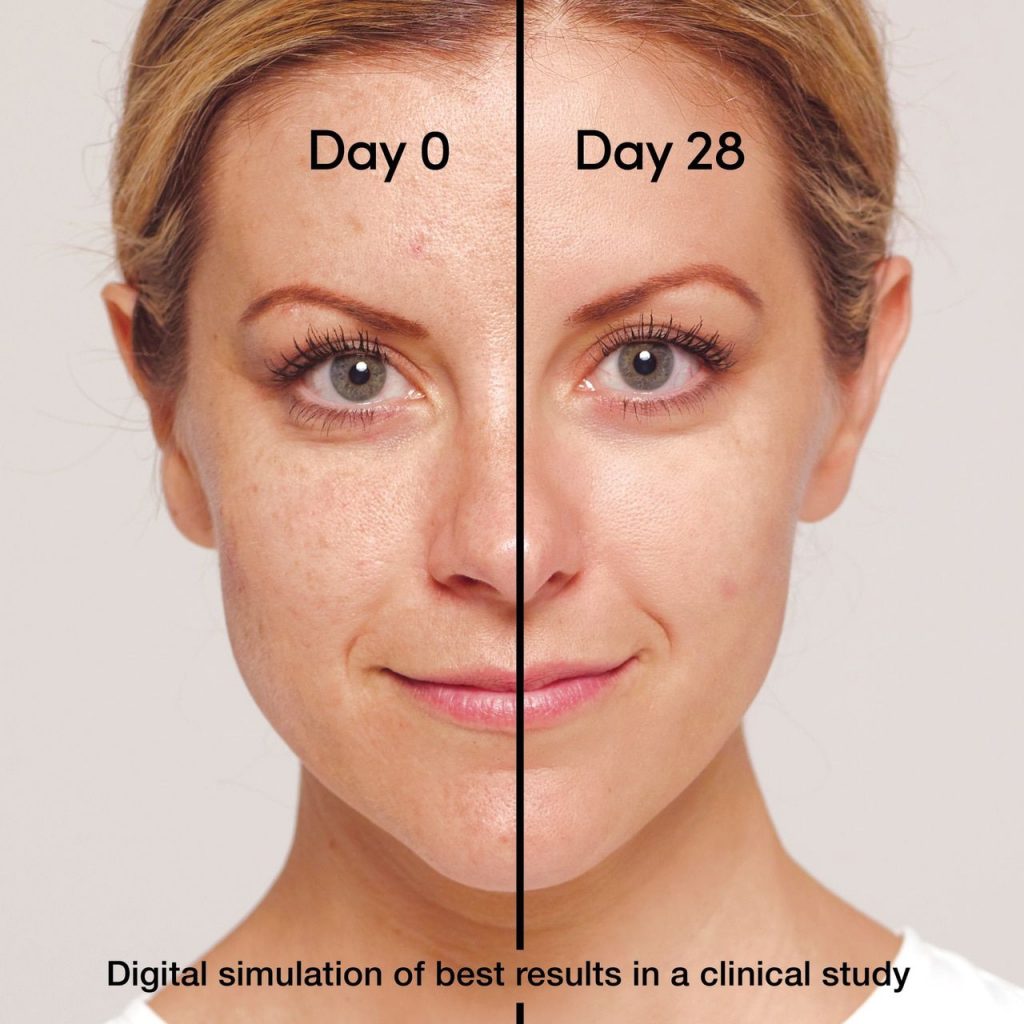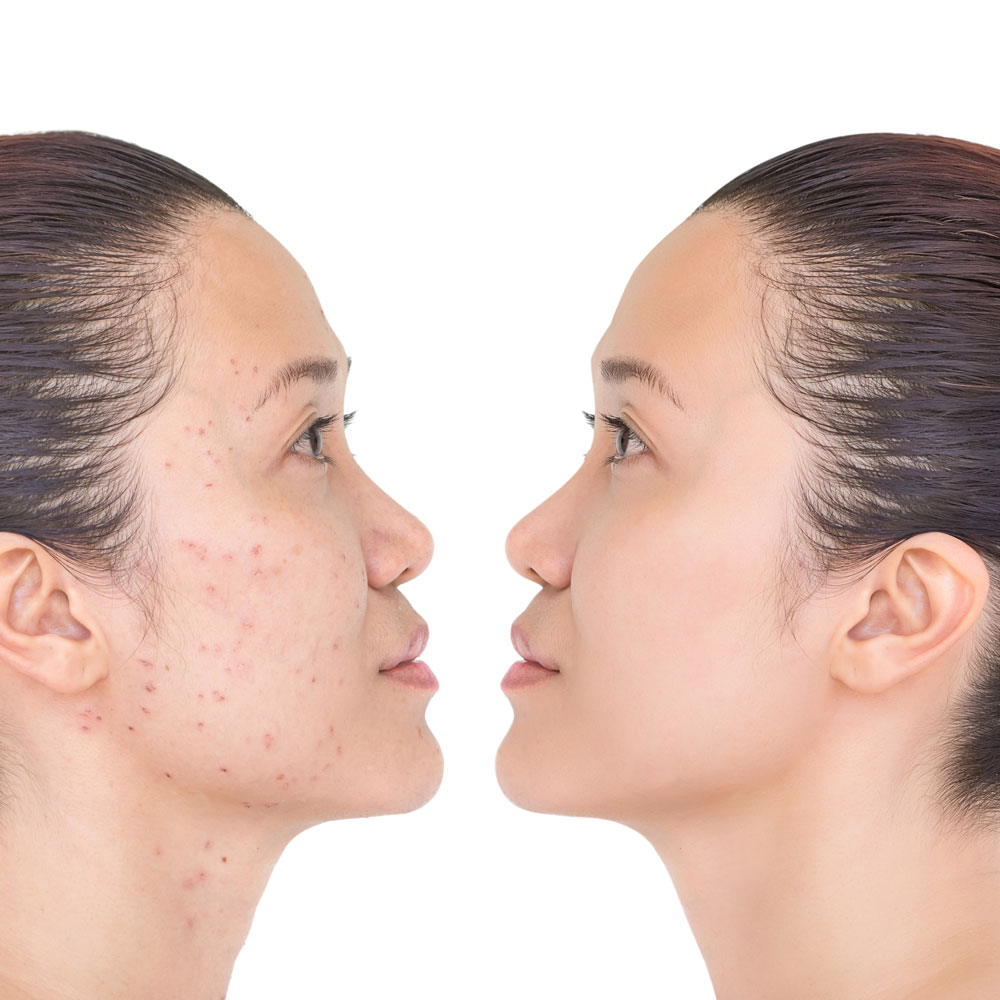Many people have asked me whether Retinol is bad for your skin. It depends on your skin condition and you should always consult a certified skin doctor before applying this.
If you are looking for a certified doctor in London or Buckinghamshire. Book your appointment by clicking the link below.
Book an Appointment at Skinesse Gerrards Cross What is retinol?
What is retinol?
Retinol is a type of retinoid, derived from vitamin A. It’s added to creams that go on your skin. It helps the measure of collagen your body makes and plumps out skin, chopping down scarcely discernible differences and wrinkles. It additionally improves skin tone and shading and decreases mottled patches. Utilizing a retinol-based item may make the top layer of your skin dry and flaky.
When should I use retinol?
I commonly prescribe my clients to begin utilizing Retinol when they hit their thirties, as that is when collagen levels in the skin begin diminishing all the more quickly.

How does retinol work in skin
Whenever retinol has been applied to skin, it goes to work assisting skin with a normalizing skin’s look and feel, working in pair with different fixings demonstrated to obviously decrease various skin concerns.
Retinol likewise advances a firmer look, better looking skin, and normally pivots concerns like bluntness and surface. With retinol, you will see re-established skin, more radiance, a surprisingly smoother appearance, and a noticeable feeling of firmness.
 Benefits of Retinol?
Benefits of Retinol?
Retinol has various employments. It tends to be utilized to battle conditions like skin inflammation and can target zones of pigmentation.
It can also reduce sign of aging and sun damage.
At the point when applied topically, retinols help take your skin cells and capacity back to a more energetic state.
Who should skip retinol?
Retinol can be a helpful expansion for most skin types, however, is anything but a one-size-fits-all methodology. Many surveys says that many people with sensitive skin conditions like rosacea can’t endure truly solid topicals like retinols. Additionally, keep away from retinol in case you will spend your day in direct sunlight without appropriate sun protection. Retinol can make your skin more sensitive to the sun, so it’s essential to utilize sunscreen with at any rate SPF 30 consistently — in any event, when it looks cloudy. Some retinoids are additionally not suggested for the individuals who are pregnant or breastfeeding. Always consult with a skin specialist prior to beginning a high-strength retinol or in case you’re worried about retinol’s side effects.

Is retinol bad for skin
Why retinol is bad
Strong medication like Retin-A and Accutane are known to have a long list of potential side effect. Those with sensitive or irritated skin should move toward retinol use with alert. First-time retinol clients have revealed bothering, including redness, dryness, and peeling.
If you utilize too high a strength or apply retinol more oftentimes than you ought to, you may encounter further aggravation, similar to irritation and scaly patches. Some people have seen acne breakouts in the wake of utilizing retinol, however this is an uncommon result. And the other side effects of using retinol are:
- Skin Cancer
- Increase sensitivity to the sun
- Flaking and peeling of the skin
- Dry skin
- Burning
- Irritation
- Redness.
